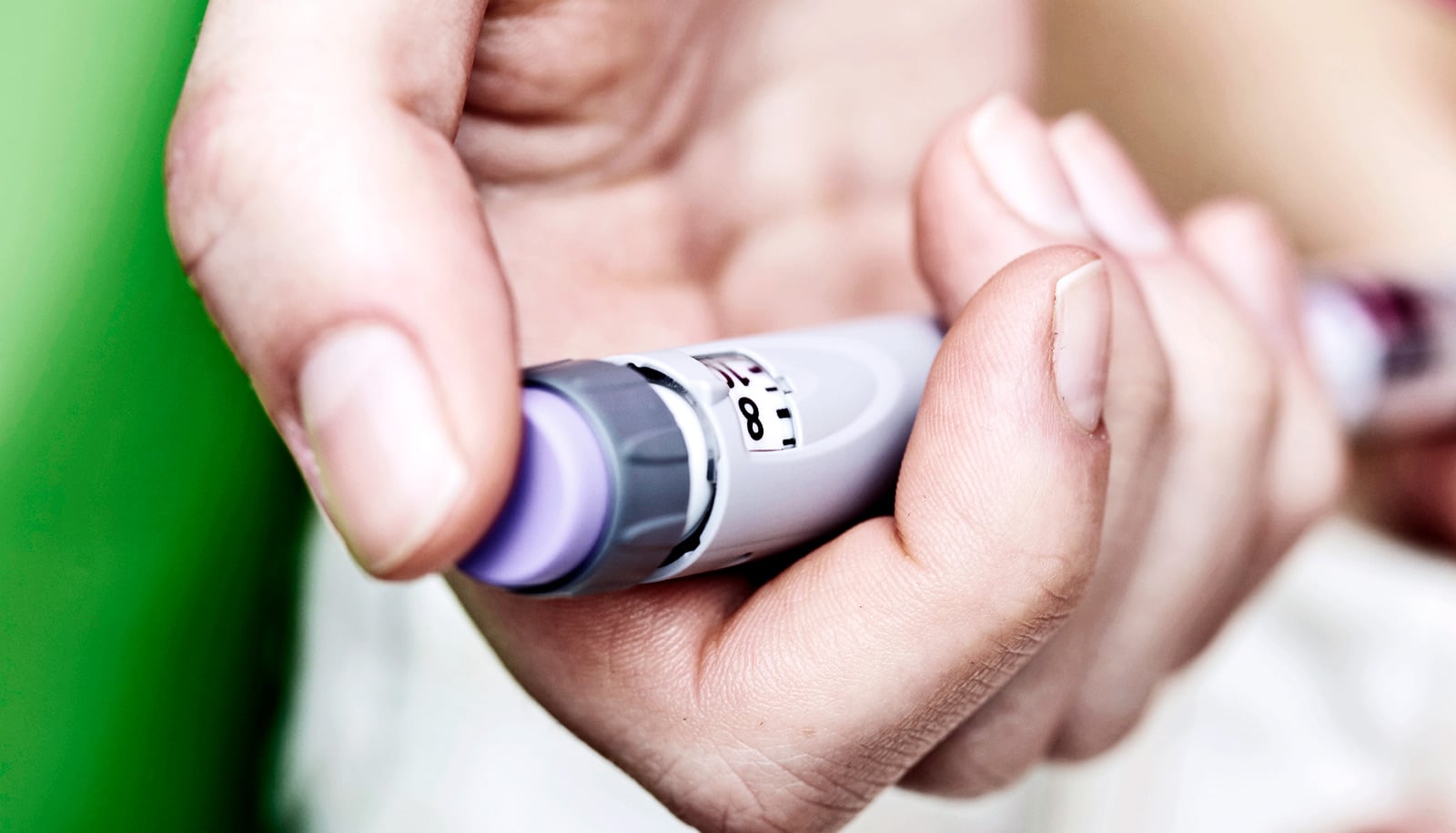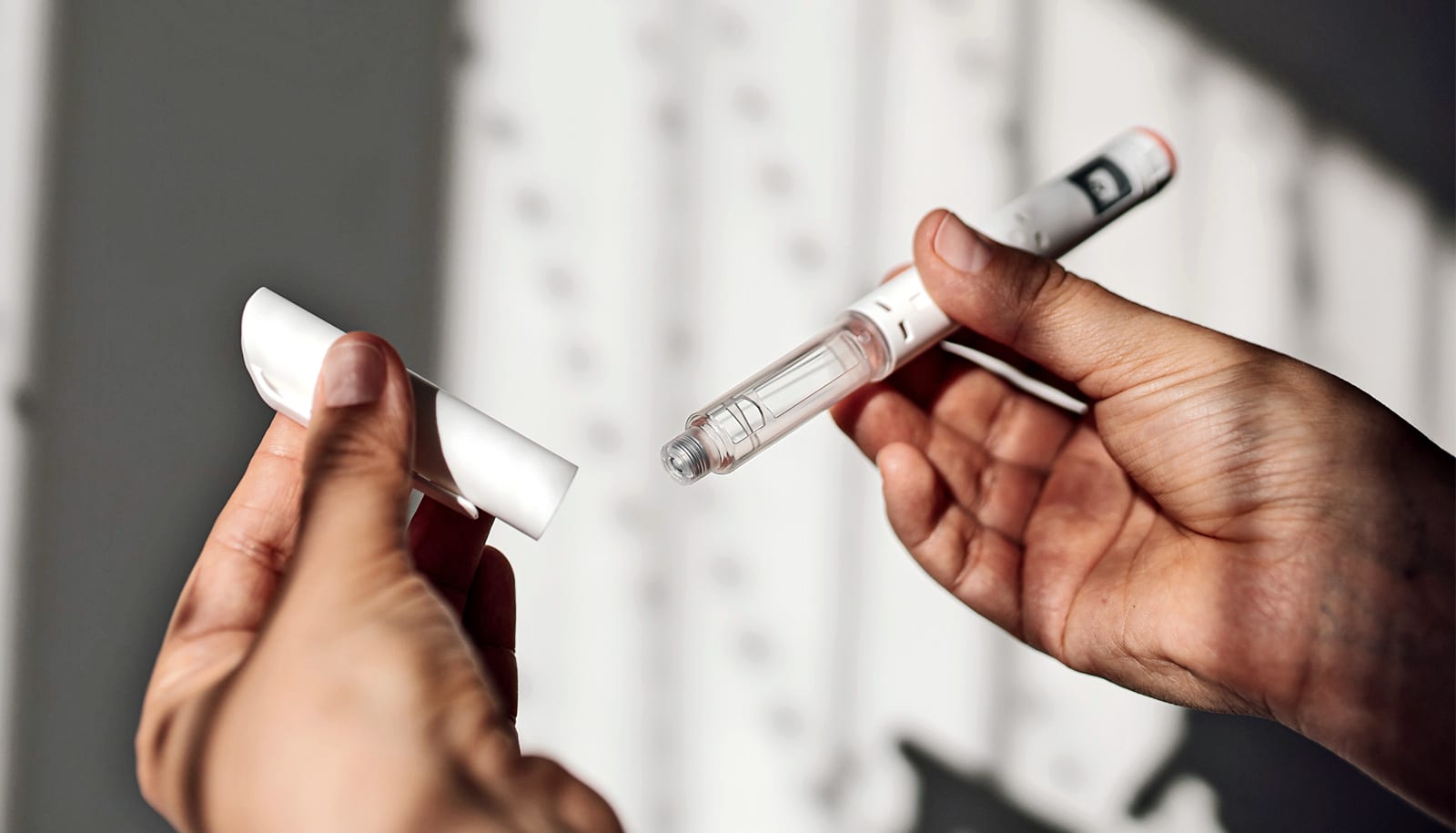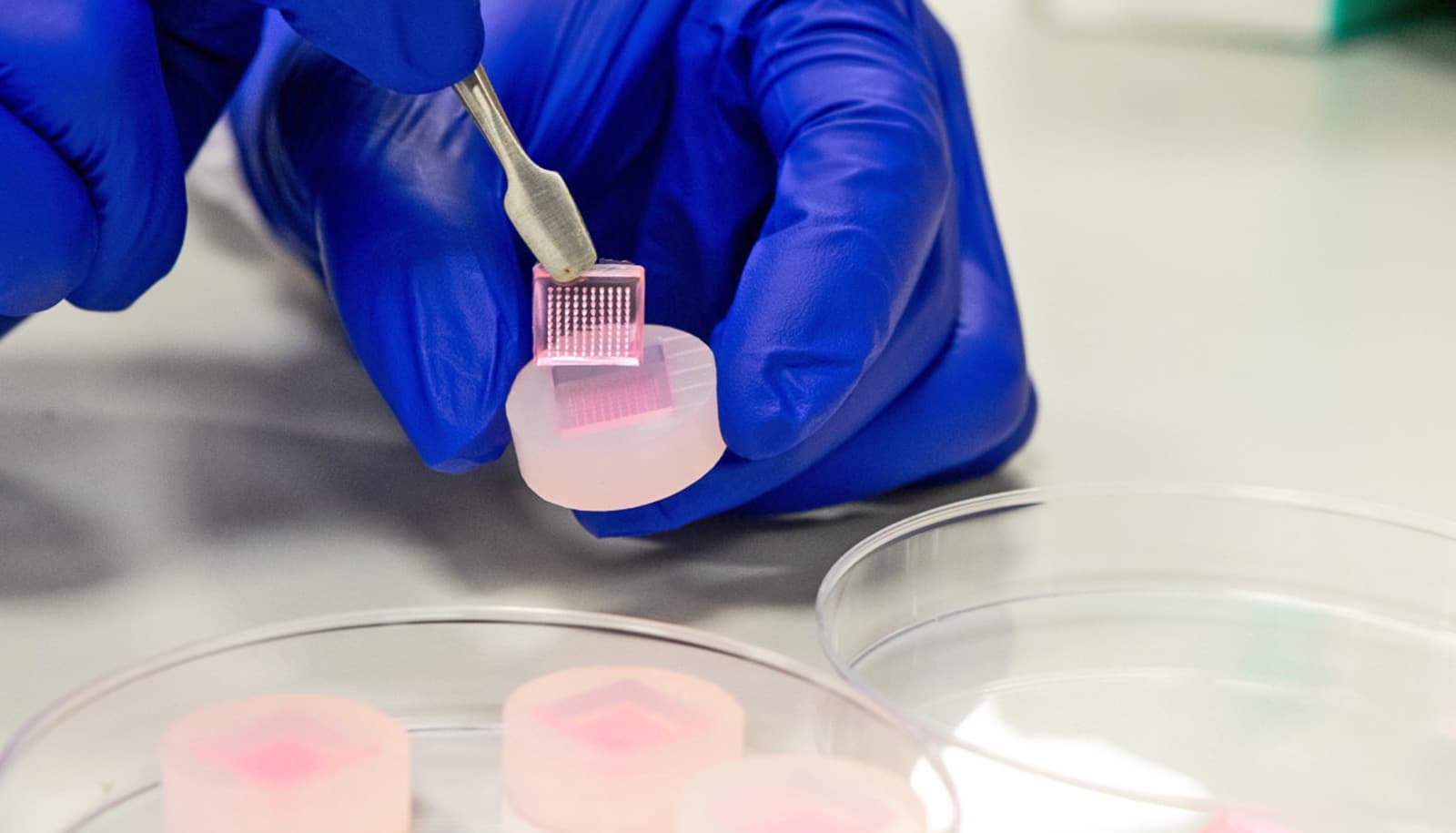Inflammation causes insulin-producing cells in the body to degrade their messenger RNA, which then inhibits insulin production, new research shows.
Under normal circumstances, messenger RNA tells the cells to produce insulin. It “copies” the layout of our DNA, which tells the cells which proteins to produce. But when the messenger RNA is degraded due to inflammation it is no longer capable of passing on this information.
“Inflammation can force the cells to produce substances that damage the cells. Therefore, the cells try to protect themselves by degrading the harmful RNA molecules. Even though this defense mechanism is useful in the immediate situation, it is problematic in the long term, because it also leads to the degradation of the beneficial RNA molecules. We believe this mechanism contributes to the missing insulin production causing type 2 diabetes,” says Thomas Mandrup-Poulsen, professor of biomedical sciences at the University of Copenhagen and author of the paper, which appears in Diabetes Journal.
So, as long as the body experiences inflammation, the cells pay a price for protecting themselves by putting the insulin production on hold.
New function
Back in 1986, Mandrup-Poulsen and his team were the first to show that inflammation damages the insulin-producing cells. But at the time they were unfamiliar with the underlying processes.
“We have known for a long time that inflammation damages the function and survival of the cells. But this is the first time someone has shown in a cell that inflammatory signals regulate the expression of the RNA degradation system. It is an important new discovery concerning the function of the cell,” he says.
The researchers have done tests on insulin-producing cell lines and insulin-producing tissue from the donated bodies of healthy and diseased humans.
In petri dishes, the researchers added a combination of transmitter substances that the body uses to signal inflammation. Using molecular-biological techniques, they learned that inflammation increases the production of the cells’ degradation systems, and that it affects the cells’ insulin production and survival.
New treatments
The researchers hope to use this new knowledge to develop medicine preventing the degradation of the insulin messenger RNA that the chronic state of infection seen in connection with overweight and type 2 diabetes causes.
“If we inhibit the degradation it helps the cell increase the level of insulin messenger RNA. This way the insulin-producing cells are once again told to produce insulin, even though their natural defense response would be to go into hibernation while fighting the inflammation,” Mandrup-Poulsen says.
Medicine capable of kick-starting the insulin production in patients with type 2 diabetes will not be available for some time, though.
“So far we have only done tests on cells from animals and healthy people. We have not looked at cells from patients with diabetes or studied the system in animal models, and we need to do this before we can do clinical tests and start thinking about developing drugs. It is a long process,” says Mandrup-Poulsen.
The Danish Diabetes Academy (DDA), Zealand Pharma A/S, the Augustinus Foundation, the Bjarne Jensen Foundation, and the biomedical sciences department at the University of Copenhagen funded the research.
Source: University of Copenhagen



